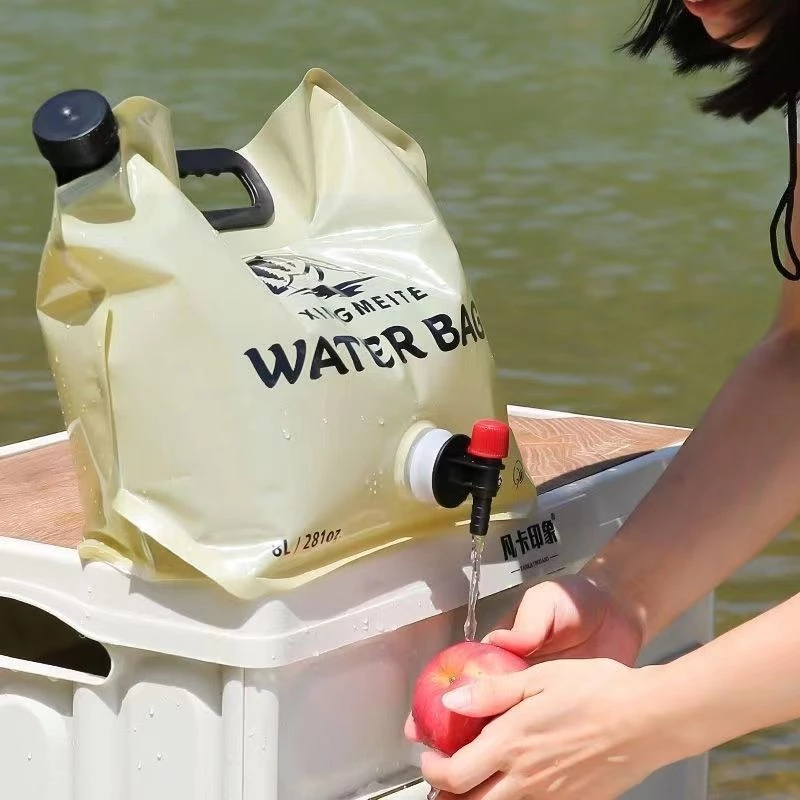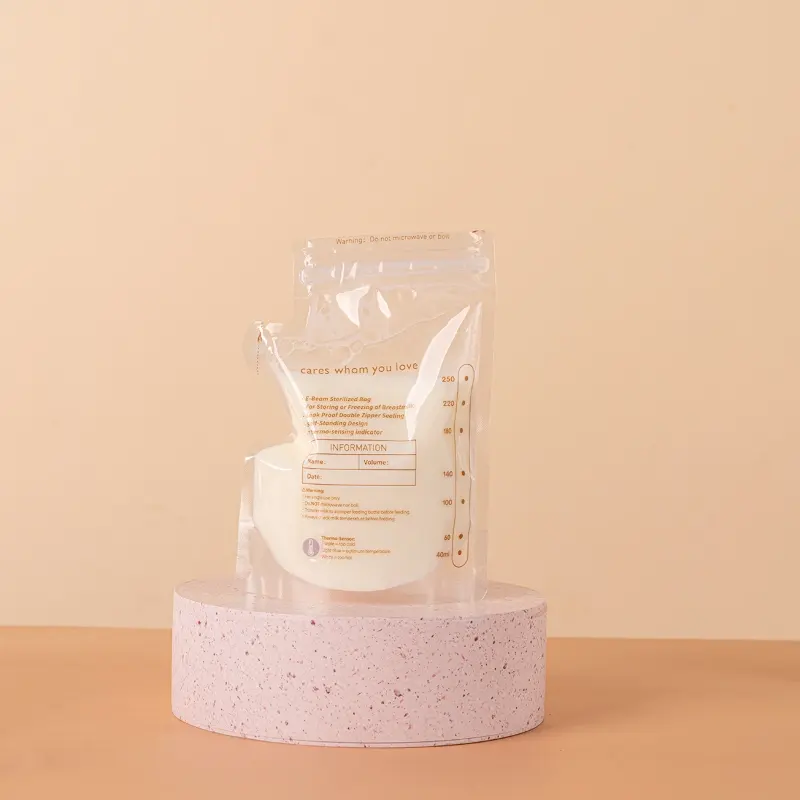Les sacs sous vide peuvent-ils prolonger la durée de conservation des aliments ?
Date de sortie : 27/09/2025
Table des matières
La conservation des aliments est une préoccupation constante dans notre vie quotidienne. Que vous soyez particulier ou restaurateur, chacun souhaite préserver la fraîcheur de ses ingrédients et prolonger leur durée de conservation. Grâce aux progrès des technologies modernes de conservation, les sacs sous vide sont devenus un outil indispensable en cuisine. Mais les sacs sous vide prolongent-ils réellement la durée de conservation des aliments ? Inpack vous explique leurs principes, leurs avantages et leur utilisation.
Comment fonctionnent les sacs sous vide
Les sacs sous vide prolongent la durée de conservation des aliments principalement parce qu'ils empêchent efficacement l'air de pénétrer. L'air contient de l'oxygène, ce qui provoque l'oxydation et la détérioration des aliments, favorisant ainsi la prolifération des bactéries et des moisissures. Lorsqu'un aliment est placé dans un sac sous vide, il peut s'oxyder et se détériorer. sac sous vide L'utilisation d'une machine sous vide permet d'éliminer l'air et de créer un environnement pauvre en oxygène à l'intérieur du sac, ralentissant considérablement le processus de détérioration.
Par exemple, la viande congelée se conserve généralement de trois à six mois, mais conditionnée sous vide, sa durée de conservation peut atteindre un an, voire plus. De plus, les aliments sensibles à l'humidité et à l'oxydation, comme les noix, les grains de café et les feuilles de thé, peuvent être conservés plus longtemps sous vide, préservant ainsi leur arôme et leur saveur.
Avantages des sacs sous vide
Durée de conservation prolongée : Des études ont démontré que la conservation des aliments dans des sacs sous vide permet de multiplier leur durée de conservation par trois à cinq. Cela réduit non seulement le gaspillage alimentaire, mais permet également de faire des économies.
Prévient les brûlures de congélation : En milieu congelé, les aliments sont susceptibles de subir des brûlures de congélation au contact de l'air. Les sacs sous vide empêchent tout contact avec l'air, préservant ainsi la texture et le goût originaux des ingrédients.
Gain de place : Les sacs sous vide permettent également de réduire l'encombrement, ce qui rend le rangement dans le réfrigérateur ou le congélateur plus organisé et plus efficace.
Utilisations polyvalentes : Outre la conservation des aliments, les sacs sous vide peuvent également être utilisés pour la cuisson sous vide, les bagages de voyage et le stockage à l'abri de l'humidité.
Comment utiliser correctement les sacs sous vide
Pour optimiser les avantages de conservation des sacs sous vide, une utilisation correcte est cruciale :
Choisir sacs sous vide de qualité alimentaire : Assurez-vous que le matériau est sûr, résistant à la chaleur et inodore.
Conservez les aliments au sec : Pour les aliments à forte teneur en eau, il est recommandé de les congeler au préalable ou d'essuyer leur surface avant la mise sous vide afin d'éviter tout dommage au joint.
Conditionnement: Portionnez les aliments en fonction de la taille des portions afin d'éviter toute contamination due à des ouvertures répétées.
Stockage: Pour une performance optimale, conservez les sacs sous vide scellés dans un endroit frais, sombre ou congelé.
Conclusion
En résumé, sacs aspirateurs de haute qualité Les sacs sous vide permettent de prolonger considérablement la durée de conservation des aliments. En éliminant l'air, ils inhibent la prolifération bactérienne, ralentissent la détérioration et préservent les nutriments. Que vous souhaitiez conserver de la viande, des fruits ou des produits secs pendant longtemps, ou simplement préserver la fraîcheur de vos ingrédients, les sacs sous vide constituent une solution efficace et économique. Maîtrisés, ils peuvent devenir votre outil de conservation le plus pratique en cuisine.
Pour prolonger la durée de conservation de vos aliments et préserver leur fraîcheur, essayez les sacs sous vide Inpack. Forts de plus de dix ans d'expérience dans la fabrication de sacs sous vide pour aliments, nous vous garantissons une cuisine plus saine et plus pratique.


